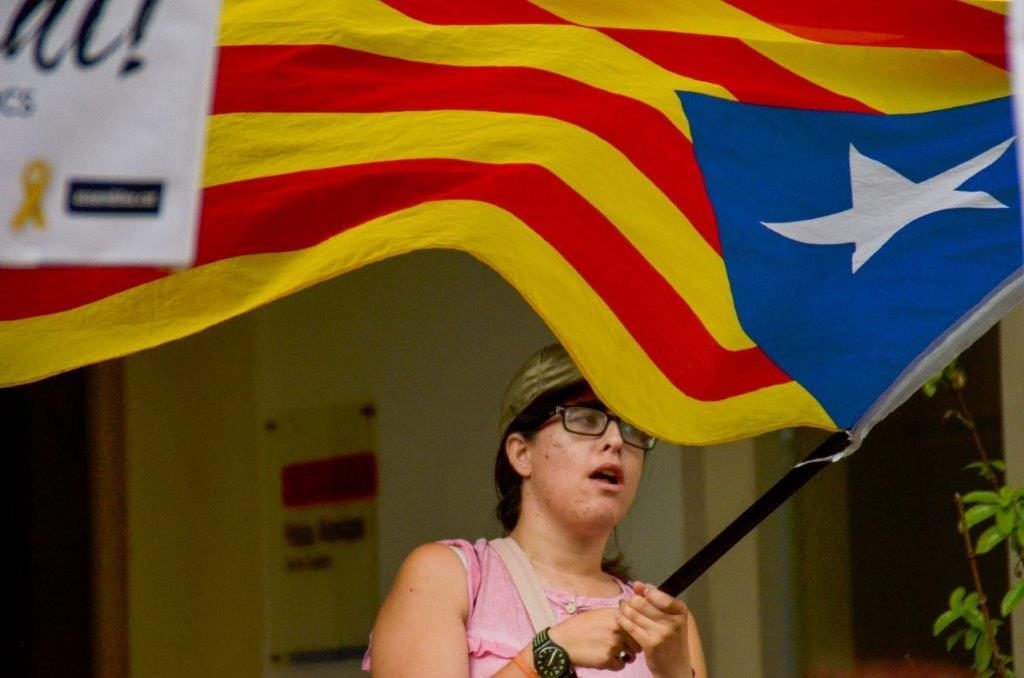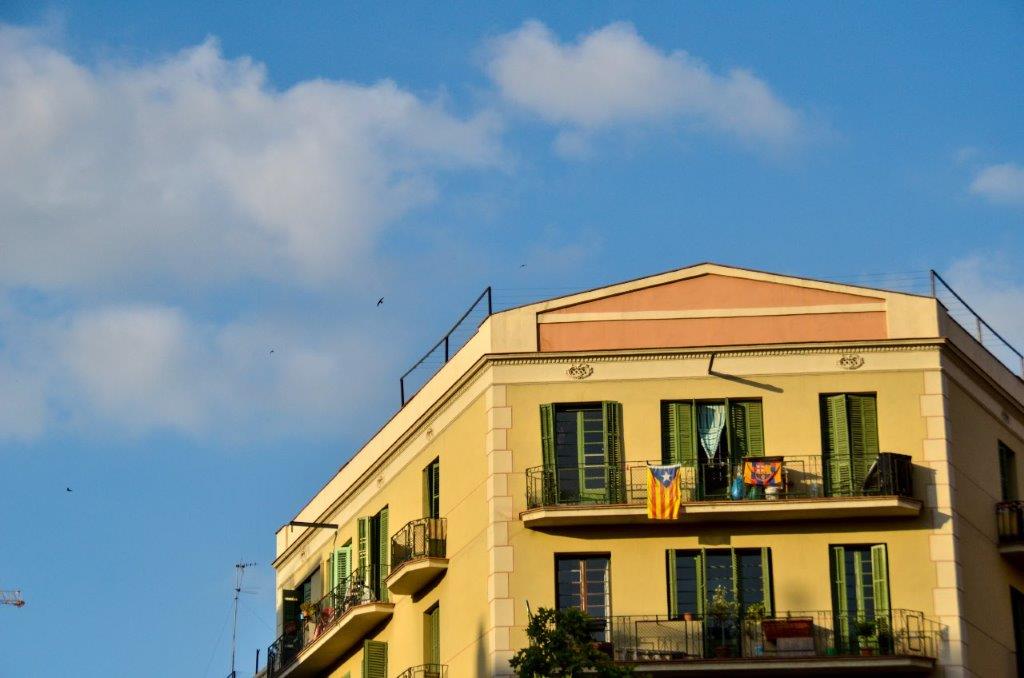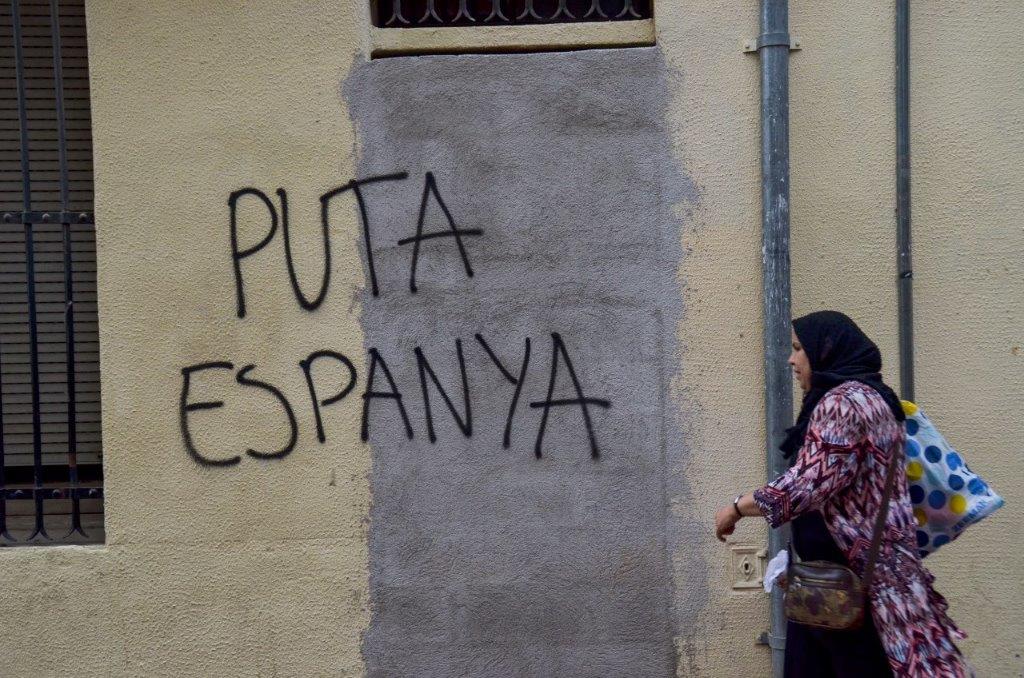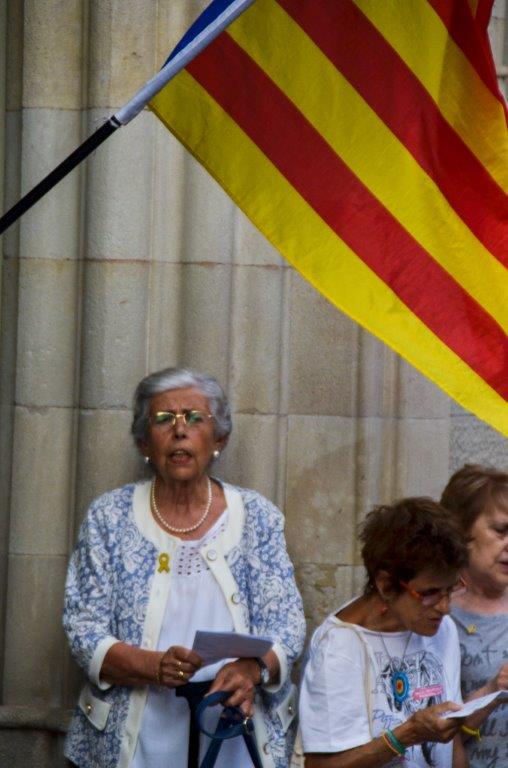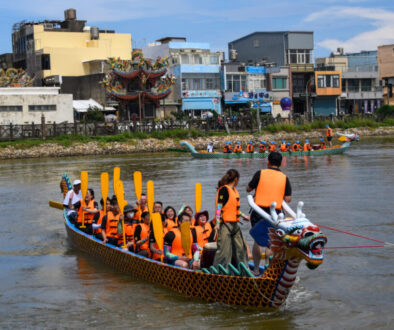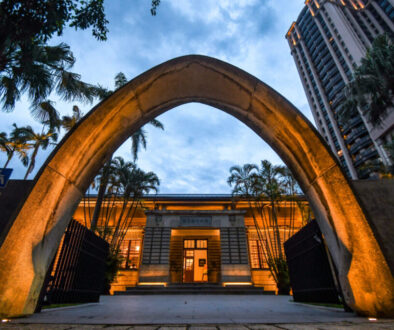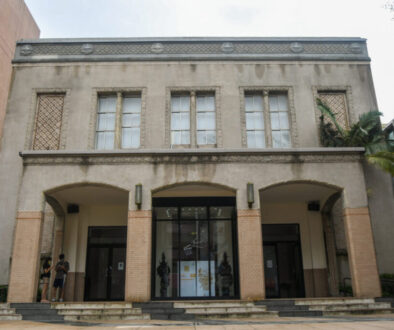Am I Still In Spain or Catalonia?
Catalonia in the News
In the months leading up to a family vacation in Spain, violent protests and independence movements erupted in Barcelona. Prior to the arrests of political leaders advocating for freedom for Catalonia, I have never heard of this country other than its capital of Barcelona. As the riots were subdued and organizers imprisoned, the memory of an independent Catalonia faded from my mind. While the eyes of the world have moved on, shifting its focus from conflict to conflict, the desire for autonomy has not left the hearts of the Catalonians.
Tourists Go Home 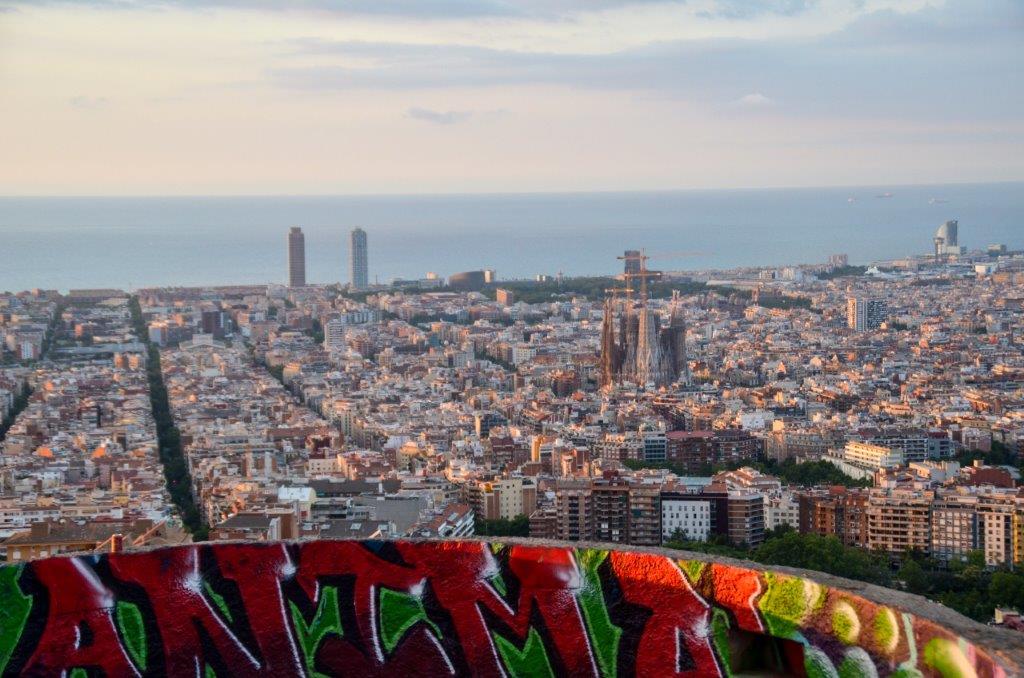
Barcelona, and the rest of Catalonia to a lesser extent, have all felt the need to preserve its unique culture. It is a well-known fact that out of the world’s most famous tourist destinations, Barcelona tops the list as being one of the most unwelcoming towards tourists. On my first morning in Barcelona I hiked up to the top of Bunker de Carmel to catch the sunset over the city. While making my way up the hillside I passed walls of graffiti cursing tourists, telling them to go home and that tourism kills culture. While this may be true, the outlandish hostility is misdirected towards those simply trying to admire the culture. The commercialization of one’s culture is the fault of both locals and foreign tourists.
When walking through the backstreets and alleyways of Barcelona, one will quickly notice the absence of Spanish flags and the abundance of the yellow and red striped Catalonian flag draped from balcony windows. For a region that strives for preserving their traditional culture, they have been seduced by the money raked in by selling novelty Catalonian t-shirts and hats. Despite this, the pride of the Catalonians and the patriotic fervor felt in Barcelona is unwavering.
Traveling to Terrassa
A short forty-five-minute train inland from Barcelona lays the town of Terrassa. I traveled here simply to car pool with some locals to catch the San Fermin festival in Pamplona. After arriving at the train station, I began wandering the ramblas. Although Terrassa comes no where close to having the amount of tourist infrastructure as neighboring Barcelona, this town has an indescribable charm felt when strolling down the streets. The alleyways here also strung the same banners calling for independence and freedom of political prisoners. Sides of buildings even bore graffiti cursing the Spanish government. It was at this moment when I realized that I am no in Spain, I am in Catalonia.
Protests at Town Hall
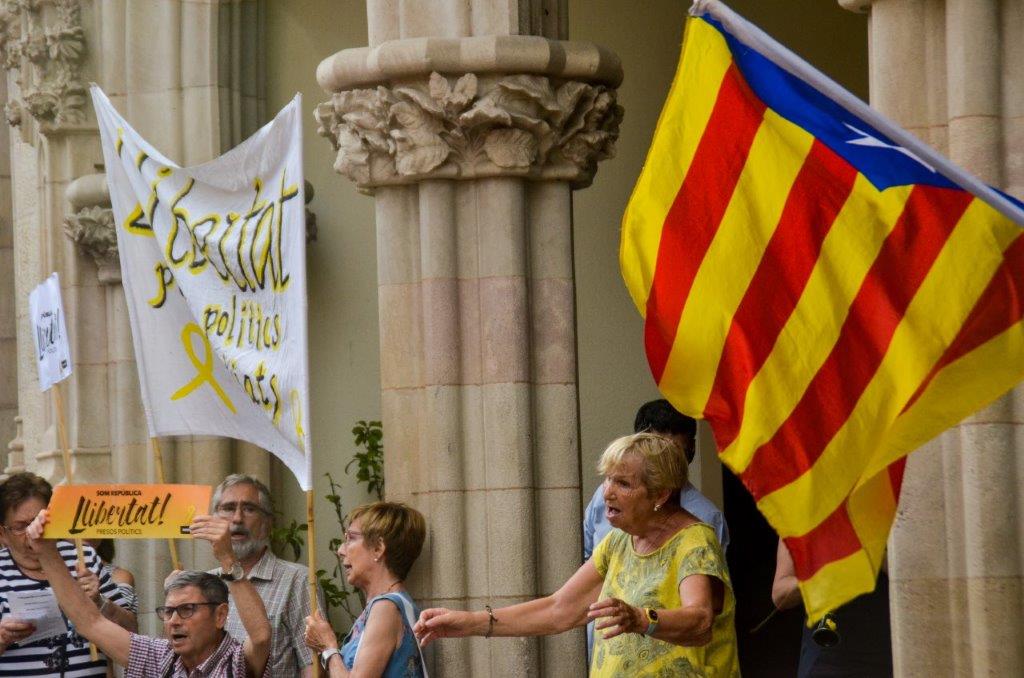
 As I continued exploring the back streets of Terrassa a somber chanting from an adjacent alley struck me to my core. As I turned a corner following the music, the street opened up to a large square with a group of people crowded in front of the steps in front of town hall. The protesters consisted mainly of elderly people, hands holding signs calling for freedom, ribbons pinned to their chests, and voices singing in perfect unity. On the steps of town hall were several musicians, a young girl waving the flag of Catalonia, and an older woman passionately directing the protestors while singing the songs. As I passed through the crowd I was met with several questioning glances, possibly wondering why I was not singing with the rest of the group. I did my best to clap when I heard the cue and smile whenever necessary in order to blend in with the demonstration.
As I continued exploring the back streets of Terrassa a somber chanting from an adjacent alley struck me to my core. As I turned a corner following the music, the street opened up to a large square with a group of people crowded in front of the steps in front of town hall. The protesters consisted mainly of elderly people, hands holding signs calling for freedom, ribbons pinned to their chests, and voices singing in perfect unity. On the steps of town hall were several musicians, a young girl waving the flag of Catalonia, and an older woman passionately directing the protestors while singing the songs. As I passed through the crowd I was met with several questioning glances, possibly wondering why I was not singing with the rest of the group. I did my best to clap when I heard the cue and smile whenever necessary in order to blend in with the demonstration.
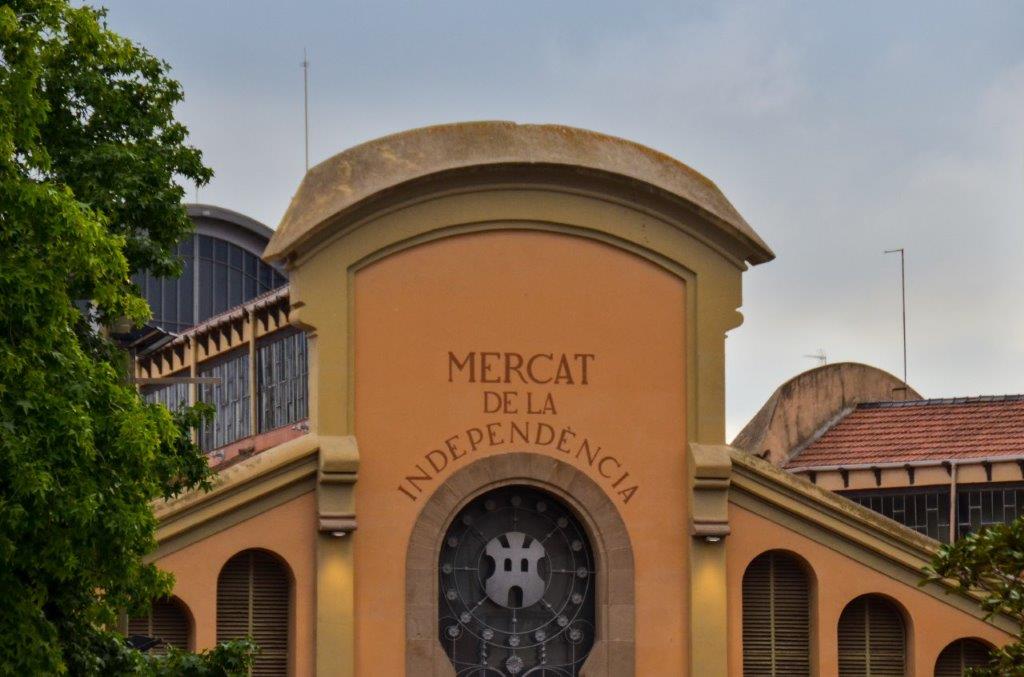
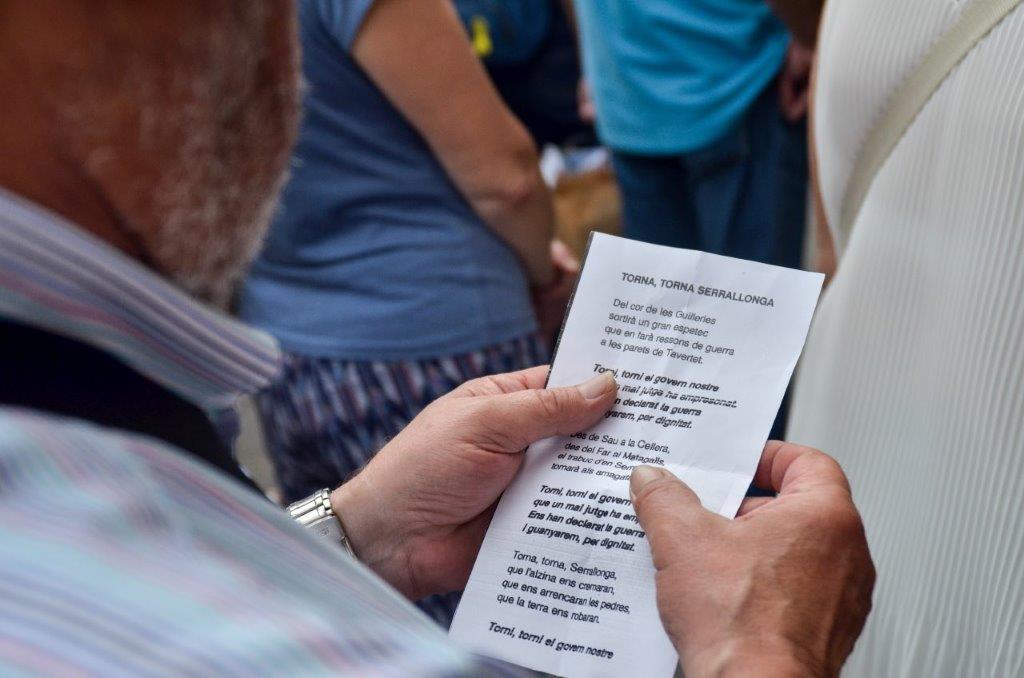 The inspiring traditional songs and dramatic chants lasted for another thirty minutes. Trumpets and flutes echoed throughout the city accompanied with the voices of a hundred passionate Catalonians. With a last repetition of slogans being shouted amongst the crowd, the demonstration came to a close. In a truly civil act by the community organizers, they simply thanked those who attended the protest and began packing away the banners and instruments. As I turned to leave I couldn’t help to notice the ever so fitting name of the village market which watched over the protest: Independence Market.
The inspiring traditional songs and dramatic chants lasted for another thirty minutes. Trumpets and flutes echoed throughout the city accompanied with the voices of a hundred passionate Catalonians. With a last repetition of slogans being shouted amongst the crowd, the demonstration came to a close. In a truly civil act by the community organizers, they simply thanked those who attended the protest and began packing away the banners and instruments. As I turned to leave I couldn’t help to notice the ever so fitting name of the village market which watched over the protest: Independence Market.
Independence for Catalonia?
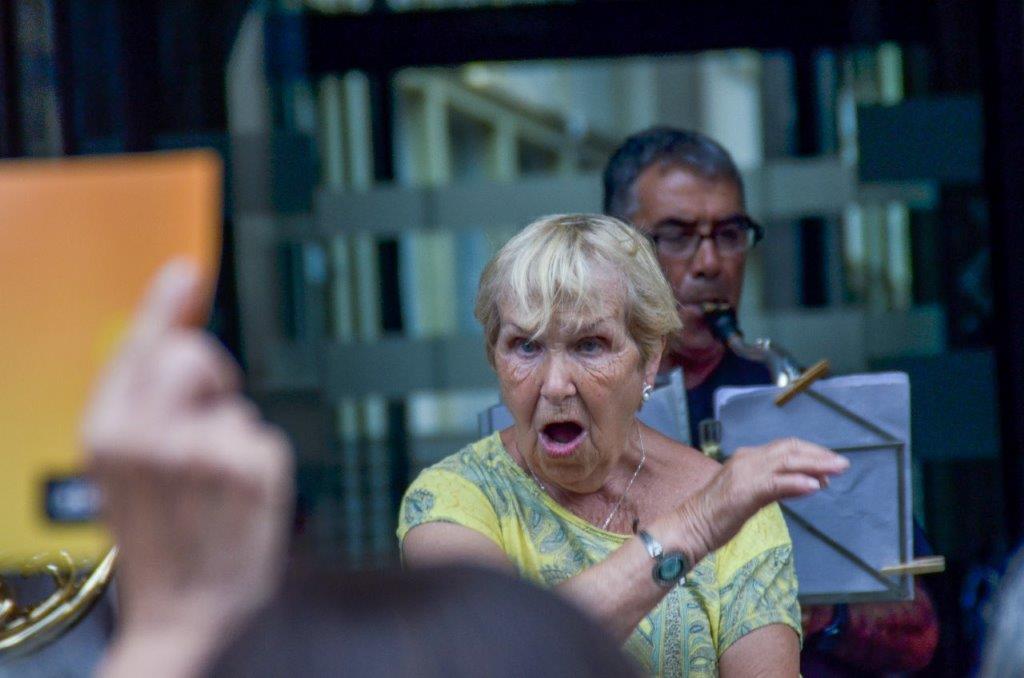
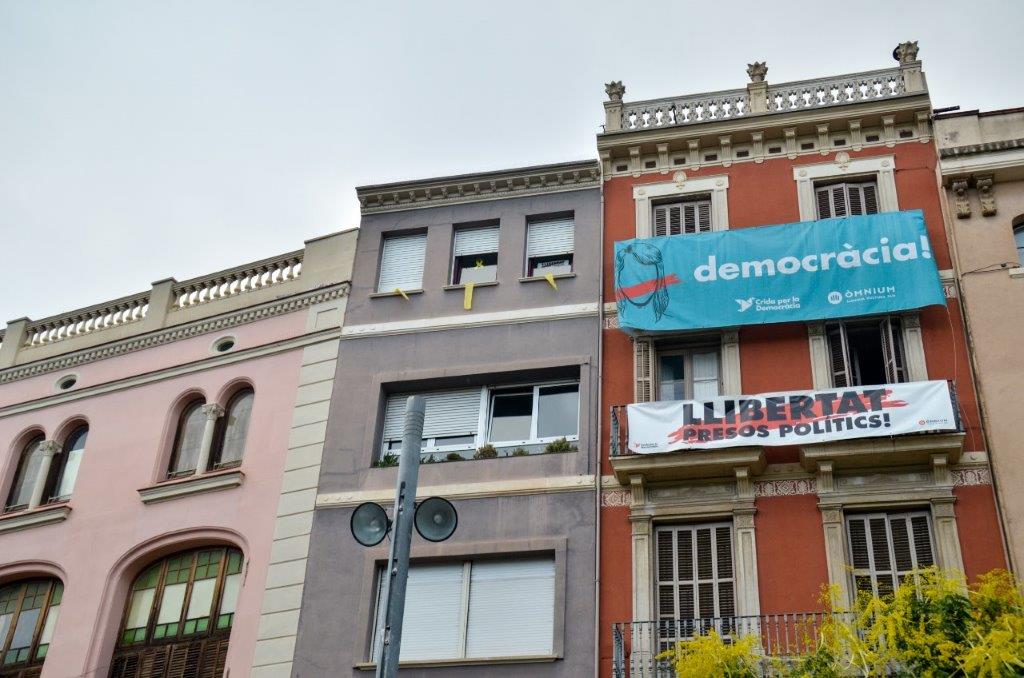 One of the large grievances that people, in Barcelona in particular, have with tourists is that they are mistakenly called Spanish. After a mere few days in Catalonia, it was made quite evident that they are truly a separate entity from the rest of Spain. While the violence has been mainly suppressed, the flags, banners, and slogans are still hung proudly throughout the province. The music and patriotism of the Catalonians further gives one the impression of being in a different country with a unique culture. This is a part of the world which I knew little about and would even once mistakenly call Spain. But now, I will continue to keep my eyes on the Republic of Catalonia.
One of the large grievances that people, in Barcelona in particular, have with tourists is that they are mistakenly called Spanish. After a mere few days in Catalonia, it was made quite evident that they are truly a separate entity from the rest of Spain. While the violence has been mainly suppressed, the flags, banners, and slogans are still hung proudly throughout the province. The music and patriotism of the Catalonians further gives one the impression of being in a different country with a unique culture. This is a part of the world which I knew little about and would even once mistakenly call Spain. But now, I will continue to keep my eyes on the Republic of Catalonia.

